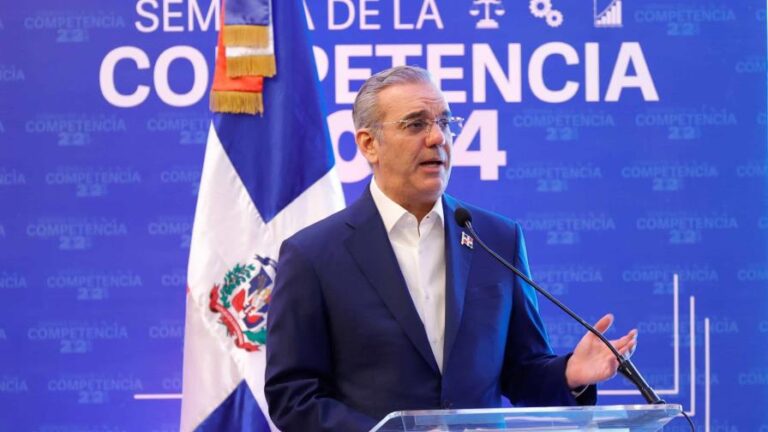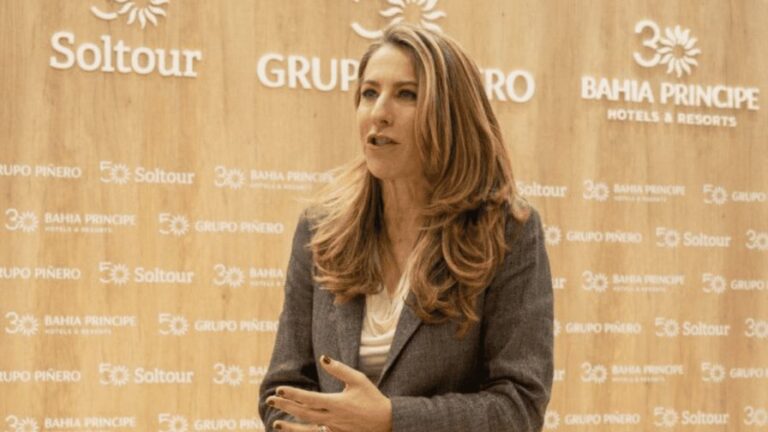Las “Liberalidades” no son más que actos a título gratuito mediante los cuales un individuo manifiesta su voluntad de disponer de uno de sus bienes patrimoniales en provecho de otro”. (Artagnan Pérez Méndez. Sucesiones y Liberalidades, pág. 89. Santo Domingo, 1987).
De acuerdo al Código Civil dominicano (cuyas fuentes se encuentran en el Código Napoleónico), que es el que rige esta materia, se interpreta que las liberalidades tienen dos formas de manifestarse, sea mediante la donación entre vivos, o ya sea mediante el testamento. (Art. 893 del Código Civil de la República Dominicana, pág. 107. Lics. Juan Pablo Acosta y Vidal Potentini. Moca, R.D. 2019).
Siguiendo los lineamientos del mismo código, la donación entre vivos se realiza por medio de un acto en el que se desprende de la cosa donada de forma inmediata e irrevocable a favor del donatario que la acepta (a quien se le da la cosa). Obsérvese la condición de que el que recibe debe aceptar la cosa que se le está otorgando, de donde se deriva el hecho de que usted no puede dar algo sólo porque quiere, sino que, el otro tiene que expresar su aceptación por escrito y bajo las mismas formalidades de ley, sea mediante el mismo acto de donación o por acto separado. Esta última condición es exigible a pena de nulidad.
Por otro lado, en el testamento, el testador dispone de todo o parte de sus bienes para cuando ya no exista, y tiene la facultad de revocarlo en cualquier momento; o sea que, a diferencia de la donación donde el donante renuncia de la cosa donada de forma inmediata y definitiva (la cosa no tiene marcha atrás, queda automáticamente en manos del donatario, del beneficiario), el testamento puede ser modificado o anulado por el testador en el momento y cuantas veces lo quiera. Además de que el beneficiario de un testamento no tiene que manifestar su voluntad de aceptar por escrito y bajo las mismas formalidades de ley. (Arts. 894 y 895 del C.C.).
Luego en los artículos 901 y subsiguientes del mismo código se encuentran algunas disposiciones y regulaciones sobre la materia, respecto a la capacidad para disponer o de adquirir por donación entre vivos o por testamento, lo cual no es el objeto del escrito nuestro de hoy.
Generalmente tenemos la idea de la forma en que se dona o se testa en los E.U.A., fruto de lo que leemos en los medios o lo que vemos en las películas hollywoodenses; se transmiten grandes fortunas a cualquier particular quienes muchas veces no son parientes del fallecido o decuyus y, en ocasiones, se testa a favor de mascotas como un perro o un gato.
Pero tenemos que entender que esto no es Norteamérica y que el país tiene sus propias leyes. En la República Dominicana es imprescindible guardar algunas disposiciones de la ley, sobre todo aquellas relativas a las “reservas”, veamos:
El artículo 913 del Código Civil dispone que, “las donaciones hechas por contratos entre vivos no podrán exceder de la mitad de los bienes del donante si a su fallecimiento dejare un solo hijo legítimo; de la tercera parte, si deja dos hijos y, de la cuarta parte, si estos fueran tres o más”. Comprendiendo en el artículo siguiente “como hijos a los descendientes de cualquier grado”.
En los casos de que el donante entre vivos por contrato o por testamento no dejare un hijo, sino que dejase uno o varios ascendentes en cada una de las líneas paterna y materna, las mismas no podrán elevarse a más de la mitad de sus bienes; así como de las tres cuartas partes en el caso de si no dejase ascendientes más que en una línea. Los bienes reservados para los ascendientes serán recibidos por ellos en el orden en que los llame la ley para suceder, convergiendo también los colaterales.
Para cerrar la idea, es necesario entender que “la parte de libre disposición en República Dominicana” está limitada por la reserva hereditaria. Sólo en el caso de que no existan descendientes o ascendientes es que se permitirá dispensar de la totalidad de los bienes en las donaciones entre vivos o por testamentos.
Por: Alberto Cabrera A.
Of Counsel-DMK Abogados
21 de abril 2019[:en]
“Bequeathals” are nothing more than gratuitous acts where individuals express their will to dispose of their patrimonial assets in favor of another.” (Artagnan Pérez Méndez. Sucesiones y Liberalidades [Inheritances and Bequeathals], pg. 89. Santo Domingo, 1987).
Founded on the Napoleonic Code, the Dominican Civil Code, which is what governs the matter, leads us to understand that there are two types of bequeathals, namely, by means of an inter vivos donation, or by means of a testament. (Art. 893 of the Dominican Civil Code, pg. 107. Juan Pablo Acosta and Vidal Potentini LLB. Moca, D.R. 2019).
Following the guidelines of this code, inter vivos donations are made through a deed which immediately and irrevocably donates the gift in favor of the donee or recipient who, in turn, accepts it. Note the condition that the recipient must accept the gift being granted, giving rise to the fact that one cannot simply bequeath on a whim, the other person must express their acceptance in writing and following the same legal requirements, be that in the same deed of bequeathal or by a separate act. The latter condition is enforceable under penalty of annulment.
On the other hand, in a testament the testator disposes of all or part of his property for when he is no longer alive, and he has the power to revoke it at any time. Unlike a donation where the donor renounces the donated thing immediately and definitively (it cannot be reversed, it automatically passes into the hands of the donee or beneficiary), a testament can be modified or canceled by the testator at any time and as often as he likes. In addition, the beneficiary of a testament does not have to express his acceptance in writing and pursuant to the same legal requirements. (Articles 894 and 895 of C.C.).
Later in the same Code, article 901 and subsequent articles contain some provisions and regulations on the matter regarding the ability to dispose of or acquire by donation inter vivos or by testament, which is not the subject of our letter today.
Based on what we read in the media or see in Hollywood movies we often imagine how things are donated or bequeathed in the US, where large fortunes are left to random individuals often not even related to the deceased or even left to pets, such as a dog or a cat.
However, we must understand that this is not the US and that the country has its own laws. In the Dominican Republic certain provisions of the law must be adhered to, especially those related to «reserves», let’s see:
Under Article 913 of the Civil Code «donations made by inter vivos contracts may not exceed half of the donor’s assets if upon his death he leaves a single legitimate child; a third, if he leaves two children and, a quarter, if he leaves three or more», with the following article going on to include children as “descendants of any degree».
Whether by inter vivos contract or by testament, where the benefactor does not leave any children but does leave one or more ascendants on both the paternal and maternal sides of his family, they cannot have more than half of his assets; or three-quarters of the assets, if he leaves ancestors on one side only. The assets reserved for the ancestors will be received by them in the order in which the law establishes them to inherit, the collaterals heirs also converging.
To conclude, one must understand that «the part about freely disposing of assets in the Dominican Republic» is limited by the hereditary reserve. Only in cases where there are no descendants or ascendants may one dispense of all one´s asset in inter vivo bequests and by testament.
By: Alberto Cabrera A.
Of Counsel-DMK Lawyers
21 April 2019[:]





